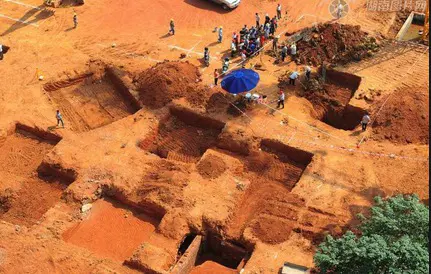After suffering an unexpected and humiliating loss in the Nov. 19 elections for members the Constituent Assembly (CA), Nepal's UCPN (Maoist) is now in a dilemma over its future role in the country's political arena.
Before the elections, party bigwigs were confident that they would be able to get two thirds of the votes that would afford it to form a government and push forward the agenda that they have hatched and nurtured during their 10 year-long insurgency.
But the Nov. 19 polls proved to be a nightmare for the party that had secured the top position in 2008. The party's outstanding performance in 2008 catapulted it to the center of the country's national politics.
This time around, however, the party has been relegated to third position which clearly indicates that its agenda will not prevail in the constitution drafting process.
The party has made a commitment that it will not deviate from its platform of securing peace and stability through a new constitution, which is the same platform that they adopted in 2006. In 2006, the Maoist party signed a Comprehensive Peace Agreement ( CPA) with mainstream parties where they abandoned the politics of violence in favor of peace and stability.
After the signing of the agreement, the UCPN-Maoist managed to inject the party agenda in national politics, such as abolishing monarchy, turning the country into secularism and the inclusion of marginalized communities in the state organs.
The party, which has planned to rule the country at least for a decade, is claiming that there was a conspiracy to defeat the UCPN (Maoist) in the Nov. 19 election and that was why they lost.
The intra-party investigation panel led by Barsha Man Pun claimed that state mechanism worked to defeat the party. On Nov. 21, the party said that it will not join new CA if the cases of fraud and rigging are not properly investigated by a high-level government panel.
In informal meetings, UCPN (Maoist) leaders have said that the chances of drafting a new constitution now appears dim since they can no longer pursue their agenda now that they are in the minority in the CA.
"We cannot backtrack from peaceful politics but at the same it is not possible to induct our agendas in the new constitution because regressive parties won in the election," said a top leader requesting anonymity.
But the Nepal government and the Election Commission have brushed off charges of election fraud, saying that the UCPN ( Maoist) raised its complaints only after it lost in the election.
Reports said that some UCPN (Maoist) leaders have approached the CPN-Maoist, a breakaway faction, to form a new alliance that could further derail the crafting of a new constitution.
The CPN-Maoist, led by former UCPN senior leader Mohan Baidya, boycotted the Nov. 19 election, saying that CA cannot promulgate a new constitution.
With the election result, the possibility of unification between two parties is high. If the UCPN (Maoist) stays out of the constitution drafting process, Nepal's political crisis will deepen.
Being a signatory to the CPA signed in 2006, the crafting of a new constitution without the party's participation would definitely prolong the already debilitating political crisis in the Himalayan country.
The ball is now in the hands of the two other major political parties, the Nepali Congress Party and the CPN-UML, to resolve the situation and proceed with the constitution-drafting process.
These two big parties will have to convince the UCPN (Maoist) to rejoin in the efforts, or the political impasse will continue.
 简体中文
简体中文

